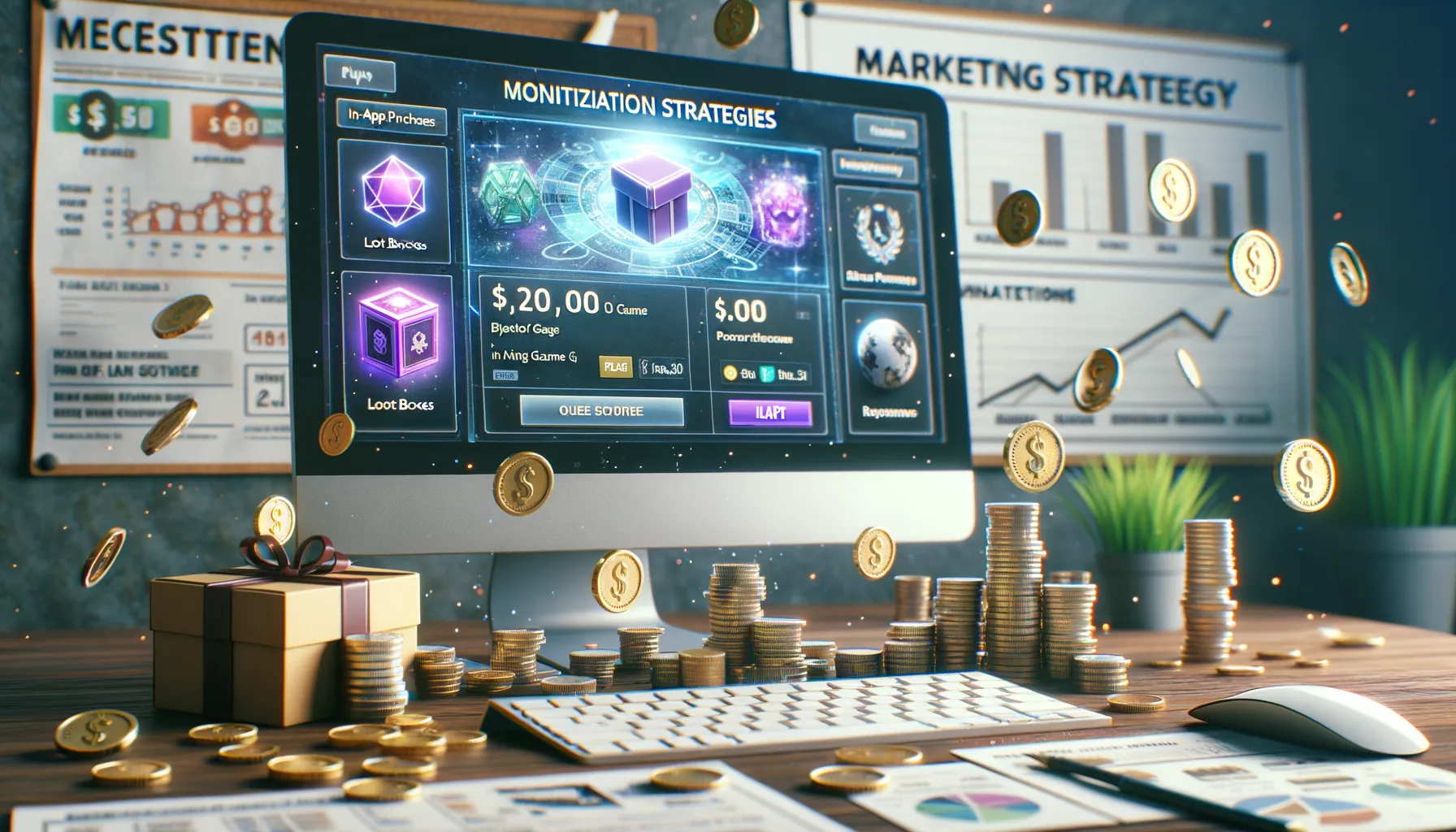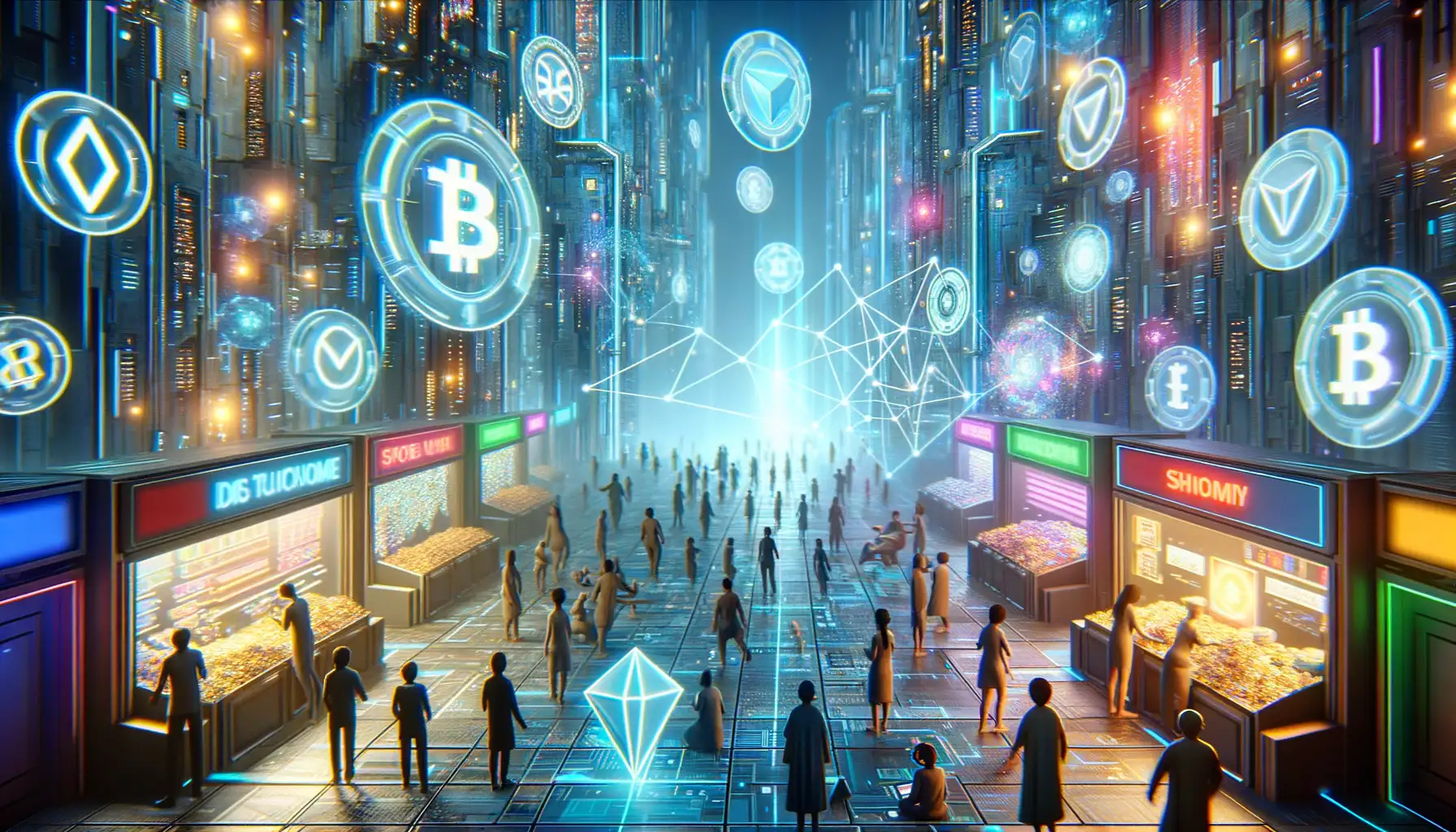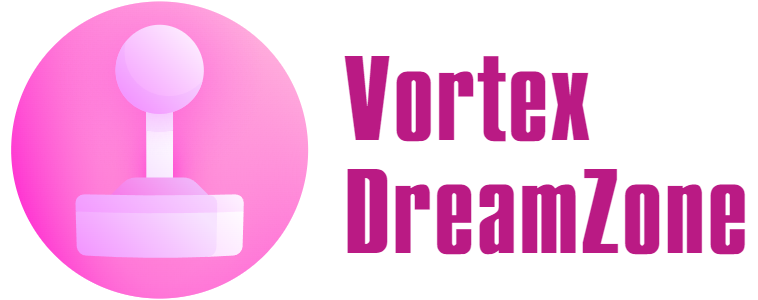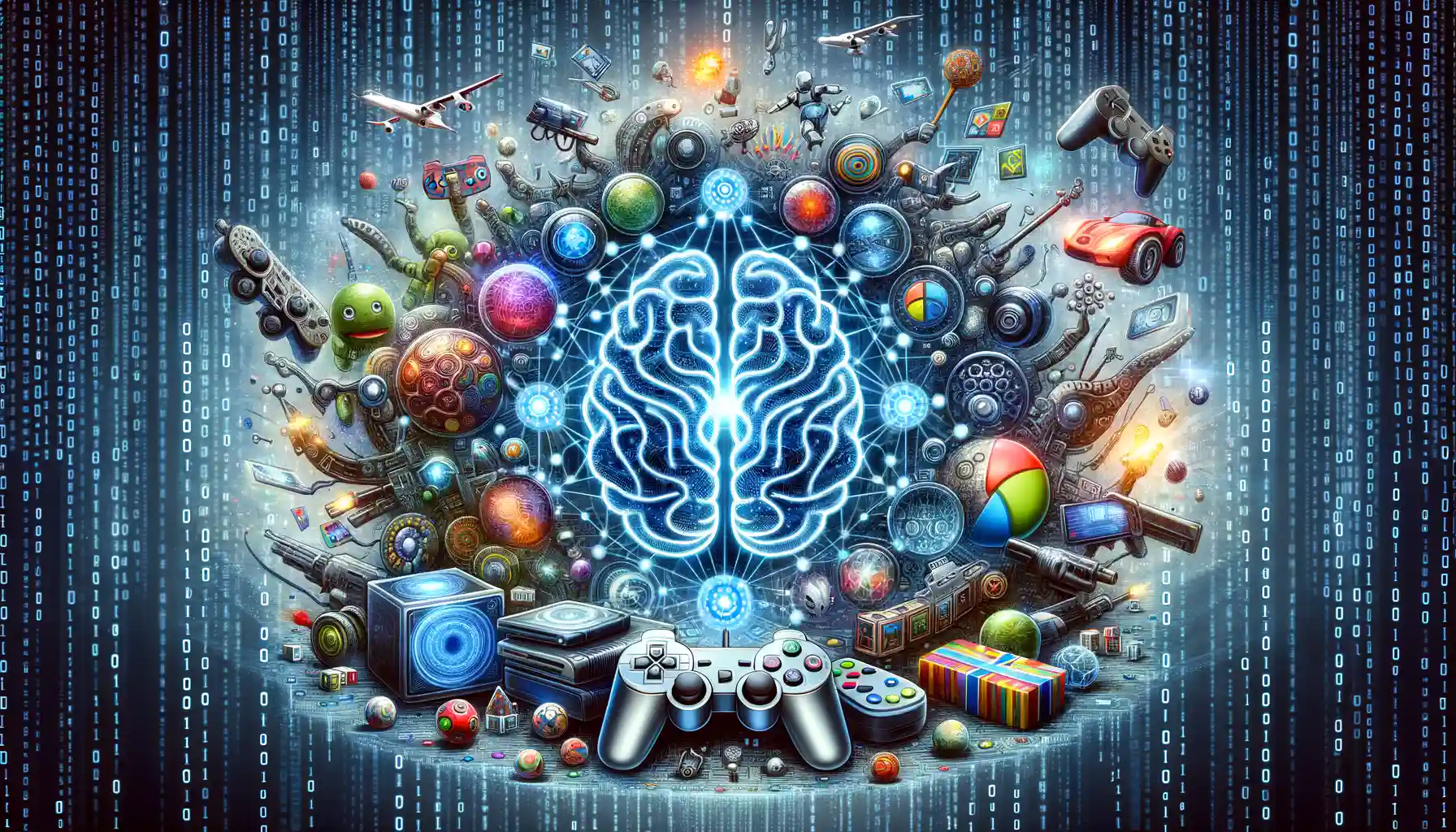Understanding the Basics of Virtual Currencies
Imagine stepping into an online game for the first time. The world is alive, brimming with possibilities—and, at the heart of it, lies a gleaming trove of virtual currencies. Whether it’s shimmering gold coins, rare gems, or futuristic digital tokens, these currencies are the lifeblood of virtual worlds. But let’s unravel their magic: how do they really work?
What Exactly Are Virtual Currencies?
In the simplest terms, virtual currencies are the digital equivalent of money within a game’s ecosystem. They aren’t just coins you pick up as loot; they’re often central to gameplay and progression. Think of spending in-game currency to buy a new sword, upgrade your character’s abilities, or even showcase your style through custom outfits (because who doesn’t love a good glittery cape?).
Some games include only one type of currency, while others add layers. For example:
- Primary currencies: Earned during gameplay, often freely given for basic tasks (e.g., leveling up).
- Premium currencies: Often purchased with real money to unlock exclusive perks or save time.
More Than Just Coins and Numbers
What sets virtual currencies apart from real-world cash? Their value is defined by a game’s rules. A pile of gold in one universe might be priceless, while in another, it could just buy you a loaf of bread! This dynamic economy is why players strategize and trade like cunning merchants in a bustling bazaar.
So, next time you’re on a quest, remember: those shiny tokens in your inventory? They’re not just points—they’re power, prestige, and possibility encapsulated in pixel form.
How Virtual Currencies Impact Online Gaming Economies

The Ripple Effect on In-Game Economies
Virtual currencies have become the lifeblood of online gaming economies, fueling everything from epic sword trades to cosmetic upgrades that make characters shimmer like gold. But let’s dig deeper—how do these digital coins really tip the scales in your favorite games?
For starters, virtual currencies create thriving in-game marketplaces where players barter, buy, and sell. Imagine an MMORPG where you can trade a rare dragon egg for thousands of gold coins—those aren’t just pixels; they represent countless hours of grinding or even real-world money. This dynamic creates player-driven economies so complex they rival actual stock markets.
On the flip side, the introduction of premium currencies—like Fortnite’s V-Bucks or FIFA Coins—can sometimes widen the gap between free-to-play players and those who spend big. That legendary flaming sword might look incredible in combat, but is it fair if only paying players can wield it?
- Boosting engagement: Players grind harder when there’s a currency to earn.
- Creating inequality: Wealthier players may dominate leaderboards.
- Driving innovation: Developers craft new systems to balance the economy.
These currencies spark motivation, competition, and (let’s admit) a little envy—but they undeniably shape the way we play.
Monetization Strategies in Online Games

When Play Meets Profit
Monetization in online games isn’t just about stuffing a shop full of goodies—it’s the art of turning fun into funding. Game developers have mastered crafting strategies that feel seamless yet enticing, all while keeping players hooked. Imagine walking into a carnival where tokens unlock thrills—a similar magic happens with virtual currencies in gaming.
Here are some common strategies that make the sparks fly:
- Microtransactions: The darling of monetization! These small purchases, like skins, emotes, or character boosts, add flair to your gameplay without feeling like a hefty investment.
- Battle Passes: A carrot-on-a-stick for regular engagement—players buy into a tiered reward system to unlock exclusive content over time.
- Gacha Mechanics: Feeling lucky? This lottery-like approach tempts players to spend virtual coins for a chance at rare items or characters.
The Subtle Power of Virtual Currency
What makes it all even more fascinating is how cleverly virtual currencies mask real spending. Instead of $5 for a sword, you’re spending 500 gems—it feels less painful, right? That disconnect is a powerful psychological nudge. And let’s not forget: some games encourage players to earn currency within the game itself, blending effort with entertainment. It’s like earning your dessert before indulging in it!
This balance between real-world profits and player satisfaction is where true monetization mastery lies—the sweet spot where players feel rewarded, not robbed.
Regulations and Ethical Concerns with Virtual Currencies

The Legal Tightrope: Where Virtual Meets Reality
Regulations around virtual currencies are like trying to pin down a cloud—they shift and morph depending on where you are in the world. Some countries embrace them, while others treat them as a threat to their financial systems. In gaming, this means developers and players must constantly navigate a sea of laws, from taxation to how these currencies can legally be traded.
One burning issue? The blurred line between gaming fun and gambling. When in-game currencies are tied to loot boxes, critics argue it resembles a casino rather than a playful escape. For instance, consider buying an in-game chest with currency you earned or purchased—what’s inside is a gamble, right? That brings major ethical concerns about fairness and addiction, particularly when minors are involved.
Player Protection and Transparency
Developers face mounting pressure to address these concerns. Ethical game design can take steps like:
- Adding purchase limits for younger players or those showing addictive patterns.
- Offering clearer odds on loot box rewards to keep things transparent.
The stakes? Trust. Gamers expect creators to build worlds where they feel respected, not exploited.
The Future of Virtual Currencies in Gaming

Shaping Tomorrow’s In-Game Economies
The world of gaming is dancing on the edge of transformation, and at the heart of it all lies virtual currencies. Imagine stepping into your favorite online world where gold coins or futuristic tokens hold real sway—not just to buy a cool sword or unlock a new track but shaping how you experience the game itself. The future isn’t just about spending; it’s about thriving in immersive digital economies.
Developers are pushing boundaries. What if the coins you earn in a dungeon crawl could also snag you discounts in the real world? Or, picture decentralized, blockchain-powered tokens making in-game transactions smoother than ever. What does that mean for players? It’s ownership! A future where your carefully hoarded currency doesn’t vanish with a game’s server shutdown.
- Interoperable assets: Spend the same currency across multiple games.
- Dynamic value: Watch your in-game earnings rise—or fall—based on supply and demand.
- More player control: Trade, sell, or gift like a boss.
The future is bright, electric, and just a little unpredictable—and gamers everywhere should be ready to level up.



